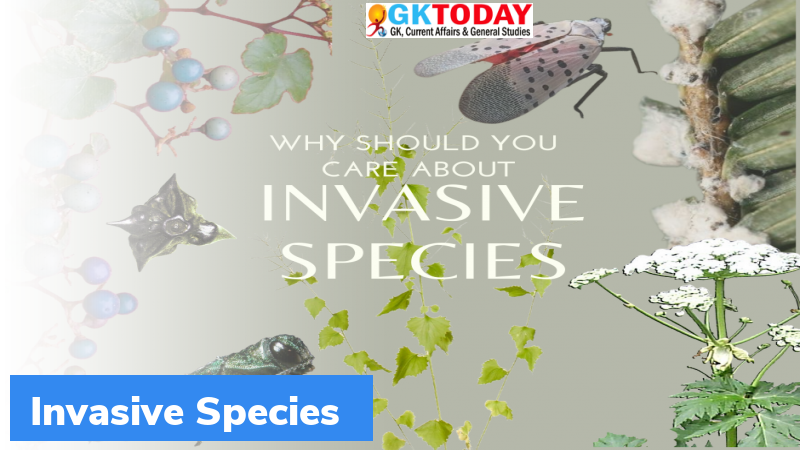Invasive species cost African Economy $3.66 trillion a year
Recent study shows that, Invasive species are costing African agriculture about $3.66 trillion per year. It equals to 1.5 times of the combined gross domestic product of all African countries.
Key Findings
- Researchers from Kenya, Britain, Ghana and Switzerland were estimating the annual economic hit because of invasive species to African agriculture.
- They studied open source and peer-reviewed literature on species which were not native to African continent.
- Researchers surveyed about 1,000 stakeholders including farmers, researchers and government officials regarding the financial implications of invasive species.
- Stakeholders were asked to estimate crop losses because of invasive alien species.
- Non-native species of weed, insect or worm can have catastrophic effects on farming as they are capable of reducing the yields of staple crops.
Most affected Nations
The researchers also found that, there were variation among countries. Worst affected nation was Nigeria with the estimate lose of around $1 trillion annually due to invasive species. While, Democratic Republic of Congo incur the loss of $317 billion per year.
Which Species caused most losses?
It was found that, a moth known as Phthorimaea absoluta caused most of the losses. This moth affects tomato plants and incur an estimated cost of $11.4 billion each year. Other insects inflict about $21.5 billion worth of crop losses per year to mango, maize, cassava and citrus crops.
Invasive species
It is an introduced organism which negatively affects the new environment. Their spread can have beneficial aspects but they can adversely affect invaded habitats and bioregions. They cause ecological, environmental or economic damage. They are become serious economic, social, and environmental threat in the 21st century. kudzu vine, English ivy, Andean pampas grass, Japanese knotweed etc are some of the examples of invasive plant species.
Month: Current Affairs - May, 2021


